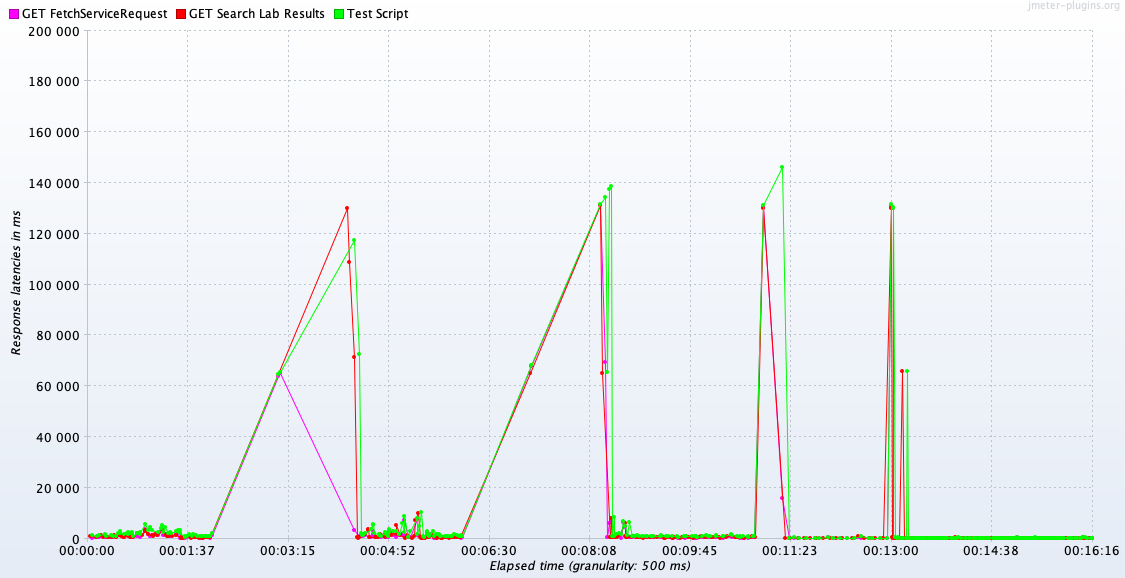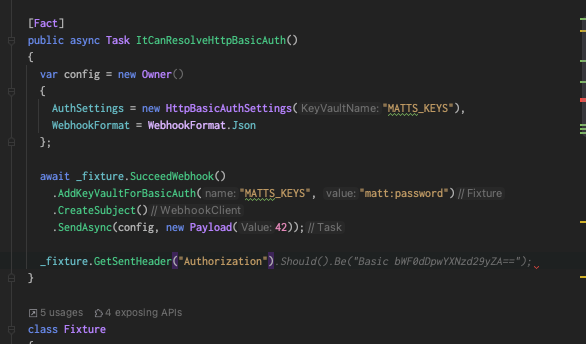Last week I helped a client plan an upgrade from an internal custom JavaScript
library to a more modern UI framework. The existing code uses a tool called
“jingo“ to manage dependencies. We
wanted to support modern bundlers that use the new EcmaScript Modules (import
and export) syntax. A straight forward mechanical transformation exists but
the codebase consists of hundreds of files to convert. It would be tedious,
boring work over the course of days. However, I could use codemods to write a
script that would convert the syntax automatically.
Adventures in Mastodon Self-Hosting: Clean Media Storage with tootctl
Mastodon 4.1.0rc1 has new flags to tootctl media remove to help prune old
storage of profile avatars and header images. Each account you encounter, either
via follow, boost, or reply to a post that was followed or boosted, hits your
instance and caches an avatar (profile pic) and header image (banner image).
This can take up a lot of space!
Adventures in Mastodon Self-Hosting: The Story So Far
A couple months ago a bunch of my most active twitter followers were migrating to the federated open-source social media platform Mastodon. Instead of a single centralized service, its a wide collection of independent instances that are able to “federate” together. Some have compared it to email: You can pick any host (instance) you want, and mostly still communicate with anyone on different hosts. Theres nothing stopping gmail users from sending things to hotmail users, for example.
I found this very interesting and naturally wanted to run my own instance to check it out: thus was born social.mattburkedev.com.
CodeMash 2023 - So You're a New Lead Developer... Now What?
Hi CodeMash attendees! If you’re here you probably came to my talk on Friday about being a new lead developer. We talked at length about building trust through 1:1s and how to give feedback effectively. I really hope it will prove helpful
I had fun speaking with everyone after the session and trying my best to answer your great questions.
The slides are here and I’m also curating some more resources on the talk page.
If you have additional questions, I’d be happy to chat with you further. You can find me on Twitter at @mattburkedev1, LinkedIn and I’m trying out Mastodon on my own instance at @matt@social.mattburkedev.com.
Thanks again to all the hard working CodeMash organizers and sponsors for making it such a great event! And shoutout to my team at Viagio Technologies for teaching me so much and making it possible for me to attend.
- 1.RIP Tweetbot 😭 ↩
Using test hooks for shared fixtures in Jest
I’ve been working on a project that needed some integration tests. Before any tests in a suite run, I wanted to open a connection to the database and do some other setup. At the end of the suite, I wanted to close the connection and tear down cleanly.
Jest has beforeAll and afterAll hooks that run before and after all tests in a test suite, which
is basically what I wanted. But I don’t want to copy and paste the same code into every test file.
I could of course just export some shared functions, but anytime someone adds a new test they have
to remember to implement beforeAll and afterAll correctly. That seems annoying: I really wanted
a “mixin” that I could easily bring in that would automatically apply the hooks to the test suite.
Misc thoughts on FHIR
This year we completed a project in the medical space where we leveraged FHIR as the data storage mechanism. FHIR is the Fast Healthcare Interoperability Resources specification and defines a data model, interchange format (xml or json) and REST API specification for disparate systems to exchange healthcare data. Previously, every medical system would expose its own APIs and data interchange mechanisms, and so to write some middleware syncing things together, you needed to speak a lot of protocols and translate between them. With FHIR, each system should ostensibly speak the same protocol and simplify a lot of work for the implementer.
Here’s some miscellaneous observations from working with it.
How To Correctly Register FhirClient for Dependency Injection
To avoid socket exhaustion,
you need to pool HttpClient instances and inject them into FhirClient. The
default constructor will instantiate its own HttpClient, which can leak sockets
and cause latency spikes in your app.
You can use IHttpClientFactory to help with this. See the
documentation
for all the nitty-gritty details.
Azure Latency Spikes Due to Socket Exhaustion
We have an app we’re working on that has been experiencing some weird inconsistent latency spikes in Azure. It’s a .NET 6 (C#) REST API on a P1V2 Linux AppService and using Azure Health Data Services - FHIR API as the primary data store1. While this post discusses the Azure FHIR service, the findings apply to any third party HTTP service your app uses.
Load testing the app indicated really high latency spikes every couple of minutes. Most requests were well under a second response time, but after awhile it would spike up to over a minute, sometimes encountering socket timeouts. This was not even a particular big load test, just five users clicking on a listing page and then accessing the details page of a random item. Maybe 2-3 requests per second.

